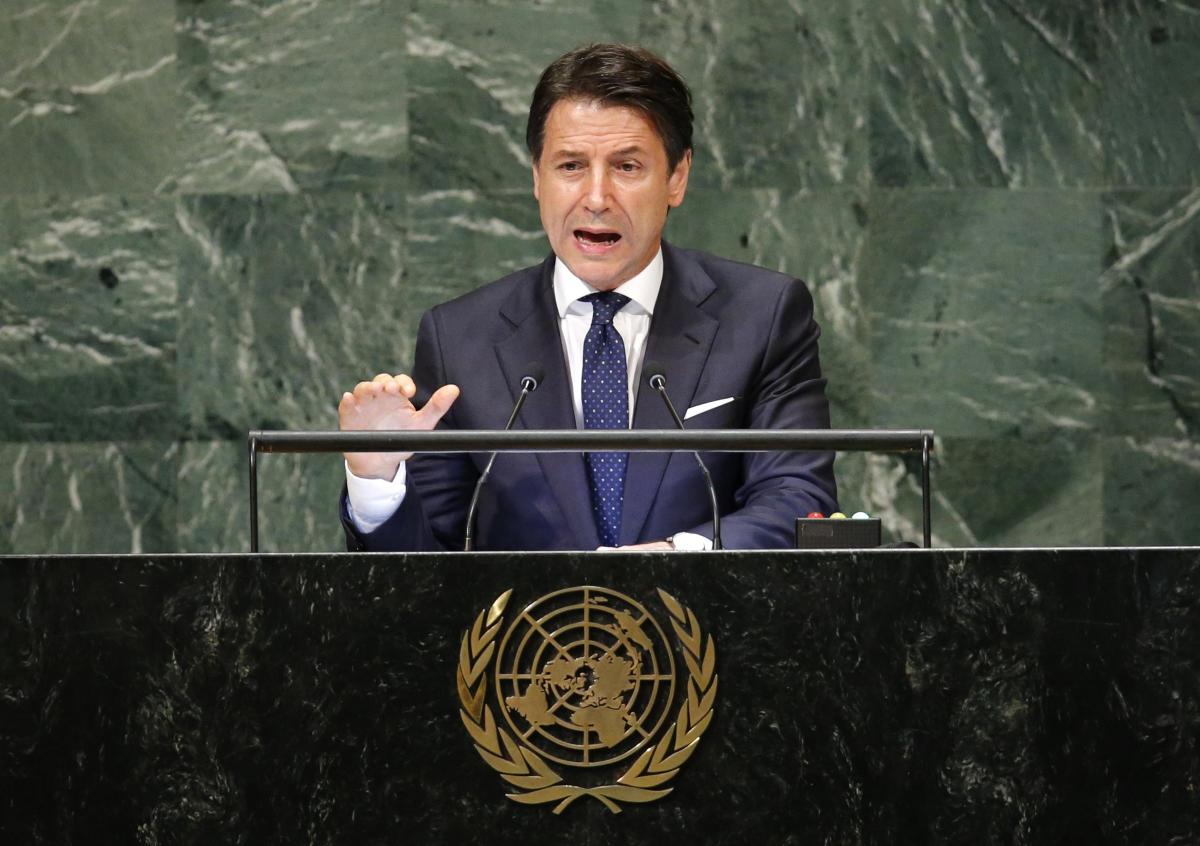Italy to cut deficit from 2020, provides relief to markets

ROME (Reuters) - Italy will cut its budget deficit targets from 2020 and reduce its debt over the next three years, Prime Minister Giuseppe Conte said , easing fears about fiscal policy in the euro zone’s third-biggest economy.
The ruling coalition last week stunned investors by tripling Italy’s previous deficit target for the 2019-21 period to pay for tax cuts, welfare for the poor and a planned revision of an unpopular pension reform.
Speaking to reporters after a meeting of ministers, Conte said the government would push ahead with its expansionist fiscal programme but would keep its spending in check.
“We will show courage above all in 2019, because we believe that our country needs a budget that calls for strong growth,” said Conte, flanked by deputy prime ministers Luigi Di Maio and Matteo Salvini, and Economy Minister Giovanni Tria.
Conte confirmed a deficit target of 2.4 percent of gross domestic product (GDP) in 2019 and said this would fall to 2.1 percent in 2020 and 1.8 percent in 2021.
He predicted the debt/GDP ratio would fall beneath 130 percent next year and hit 126.5 percent by 2021. It is currently around 131 percent, the second highest in Europe after Greece.
The government did not release growth targets, but Tria said the gap between Italian growth and the rest of the eurozone would halve next year. The IMF has forecast growth of 1.0 percent in Italy in 2019 against 1.9 percent for the eurozone.
News the coalition planned to cut the deficit faster than previously indicated caused Italian government bond yields to fall sharply , while the Milan bourse outperformed other major stock exchanges in Europe to close up 0.9 percent.







